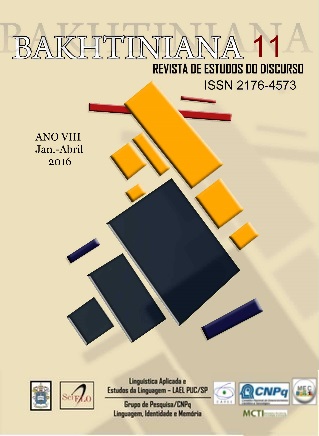Novelization and Serialization: Or, Forms of Time Otherwise
Mots-clés :
Novelization, Serialization, Ideologies, Modernity, NationRésumé
This article explores Bakhtin’s notion of novelization in relation to his theory of time and serialization. For Bakhtin, the novel is historical without history. He traces the novel’s history to ancient Greece, without giving it a fixed identity, seeing it in terms of tendencies and crises. Novelization, for Bakhtin, is a means of opening up literary history to a more dialogic analysis of form and a discursive mode to critically assess ideologies. He underlines the novel’s destabilizing ability, its decentralizing of discourse, and its accommodation of unofficial and alien voices. Bakhtin’s suggestive historical account of the novel’s development allows us to extend his thinking and sketch an outline of novelization as a future conditional, rather than a generic law. Bakhtin offers a problematic version of modernity, in which the novel activates time’s purchase on the present. But because of modernity’s propensity for crisis, time is suspended. The article also examines a chronotope of the novel about which Bakhtin has little to say: the time/space of nation. Benedict Anderson and Etienne Balibar, whose interests include the themes of comparatism, multiculturalism, and postcolonialism, question the idea of nation through their analyses that privilege the novel genre.
Statistiques
Téléchargements
Publié-e
Comment citer
Numéro
Rubrique
Licence
Les auteurs concèdent à la revue tous les droits d’auteurs en ce qui concernent les travaux publiés. Les concepts émis dans les articles signés sont d’absolue et exclusive responsabilité de leurs auteurs.








